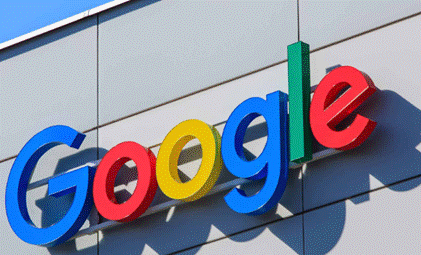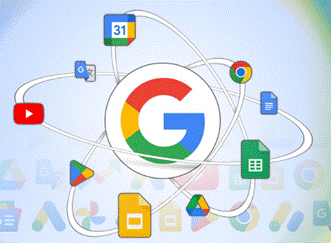Huawei
phones no longer come with Google services pre-installed. This change has
impacted users worldwide, especially those who rely on Google apps like Gmail,
Maps, and YouTube. While Huawei continues to produce high-quality devices, the
software situation requires some adjustment. If you're considering a Huawei
phone or already using one, understanding huawei can’t use google is essential.
Life Without
Google: The Huawei Experience
Huawei’s
removal from Google’s ecosystem started in 2019 after a U.S. government trade
ban. This led to Google revoking Huawei’s Android license, stopping it from
using Google Mobile Services (GMS). As a result, newer Huawei phones no longer
come with apps like the Play Store, Gmail, or Chrome. Instead, Huawei now
relies on its own ecosystem—Huawei Mobile Services (HMS)—and a custom app
marketplace called AppGallery.
AppGallery vs.
Google Play Store
Huawei
developed AppGallery to replace the Google Play Store. It offers thousands of
apps, including TikTok, Telegram, Snapchat, and Zoom. However, many popular
Western apps—such as Google Maps, WhatsApp backup, or full versions of
Instagram—are either missing or come in limited forms. To bridge the gap,
Huawei encourages users to use Petal Search. This tool helps you find APK
versions of apps from trusted sources. Still, updates aren’t as smooth as the
Play Store, and some apps require Google services to run properly. You’ll often
need to explore alternatives or use web versions of apps.

Navigation and
Maps: What Are the Options?
Google
Maps isn’t available on new Huawei phones, but several alternatives can do the
job. Huawei offers Petal Maps, a navigation app built in partnership with
TomTom. It provides turn-by-turn directions, live traffic updates, and public
transport information in many countries. Other options include Here WeGo,
Sygic, and MAPS.ME. These apps work well and often support offline maps. While
none of them fully replace the real-time ecosystem integration of Google Maps,
they offer reliable navigation with good accuracy and features.
Gmail,
YouTube, and Google Drive: Any Workarounds?
You
can’t install official Google apps directly, but there are a few workarounds.
For Gmail, you can set it up in the default Huawei Email app using IMAP or POP.
It won’t give you the Gmail app experience, but you’ll still get your emails
and push notifications. As for YouTube, you can use the browser version or
third-party apps like NewPipe, which streams content without relying on Google
Services. For cloud storage, Huawei’s Cloud or apps like Dropbox and MEGA can
serve as replacements for Google Drive. Keep in mind that some workarounds come
with limitations. You may miss out on app syncing or direct sharing between
Google apps. If you're heavily invested in Google’s ecosystem, the experience
may feel fragmented at first.
Installing
GMS: Is It Possible?
Some
users try to install Google Mobile Services manually. Several tutorials online
explain how to sideload GMS using tools like Googlefier or third-party APK
installers. However, these methods are not officially supported, can break with
updates, and may introduce security risks. Huawei doesn’t recommend or support
GMS installation. Also, newer EMUI versions and HarmonyOS updates have made
sideloading increasingly difficult. If you’re not tech-savvy or willing to
troubleshoot errors, it's best to rely on HMS and alternatives instead.

Conclusion
Huawei
phones offer excellent hardware, long battery life, and strong cameras. But
without Google services, the software experience differs significantly. If you
depend on Google’s ecosystem, switching to Huawei requires patience and a
willingness to adapt. On the other hand, if you prefer privacy-focused
alternatives and can work around the missing apps, Huawei still provides great
value. Evaluate your app needs carefully before making the switch.
